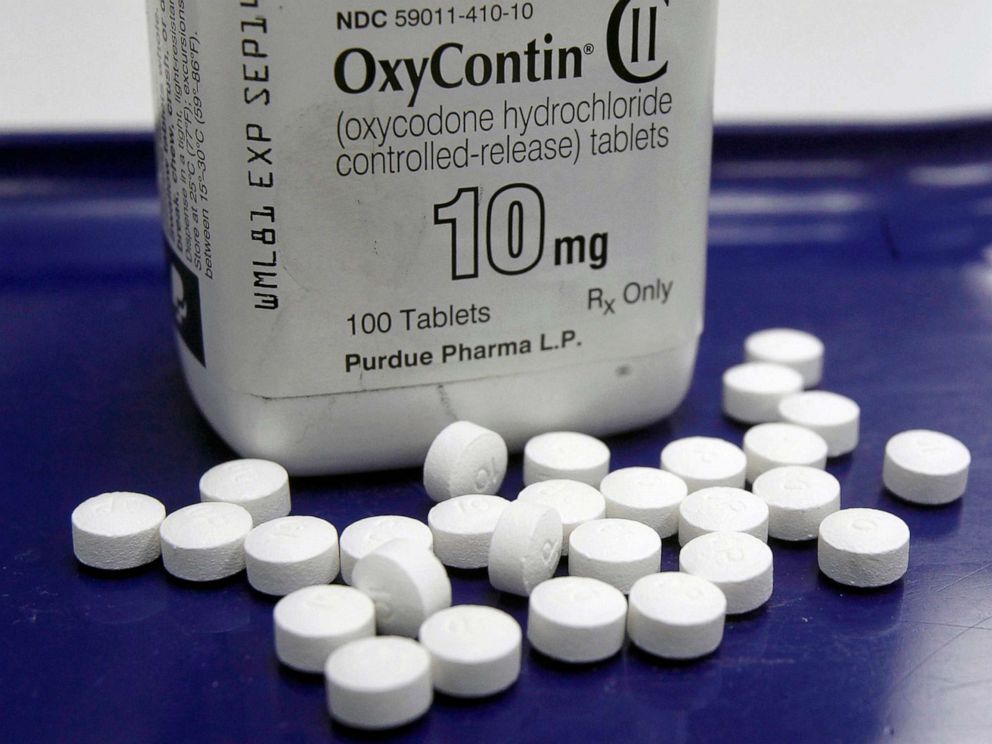Our law firm, Andrews & Thornton, along with a host of other law firms across the country including ASK LLP, have continued to represent approximately 60,000 claimants in the Purdue Pharma Bankruptcy case since Purdue originally filed for bankruptcy in September, 2019. A long time has passed since the onset of the Purdue bankruptcy case, but much has occurred that will soon bring much needed funds into the hands of those directly impacted by the opioid crisis.
For the first ten months of the case as the COVID-19 pandemic shook the world, claims were continuously filed by individuals harmed from their use of prescribed Purdue manufactured opioids. By the time of the July 2020 bar date, approximately 120,000 individual claimants submitted claims. With the total claimant pool locked in, the case began to shift from collecting creditors to negotiating a deal on their behalf.
A lengthy series of negotiations ensued as hundreds of thousands of creditors amongst dozens of different groups all sought to carve off their piece of the bankrupt estate. Mediation efforts included a host of various creditor groups, such as state and local governments, Indian tribes, school unions, police unions, hospitals, insurance companies, Purdue Pharma itself, the notorious Sackler family, the federal government, and more.
A lengthy series of negotiations ensued as hundreds of thousands of creditors amongst dozens of different groups all sought to carve off their piece of the bankrupt estate. Mediation efforts included a host of various creditor groups, such as state and local governments, Indian tribes, school unions, police unions, hospitals, insurance companies, Purdue Pharma itself, the notorious Sackler family, the federal government, and more. In September, 2021, a settlement was finally confirmed by Judge Robert Drain, sitting in the Southern District of New York Bankruptcy Court in White Plains, New York (called the “Plan of Reorganization”). The Plan required that Purdue create a Trust worth approximately $11 billion that would allocate funds to public and private claimants affected by the opioid crisis. However, even though the settlement obtained wide reaching support from an overwhelming majority of creditor groups, the settlement was still opposed by certain parties to the case that immediately appealed the Plan confirmation.
The central issue that some parties had with the Plan was the inclusion of “non-consensual third-party releases.” In this case, the non-consensual third-party release required all claimants to absolve the Sackler family (the owners of Purdue during the alleged wrongdoing) of any further civil liability to participate in the Purdue bankruptcy case. On the other hand, the Plan required that the Sackler’s provide approximately $5 billion of the total settlement described above.
The primary appellant was your federal government. Make no mistake, the federal government was not looking out for victims. The victims overwhelmingly supported the Plan and the releases that came with it. Well over 90% of the victims approved the release of the Sacklers in exchange for substantial money. Yet the federal government has its own agenda that has nothing to do with what the people want. The federal government stands to gain the most if they prevail in destroying the Plan and rob victims of their chance for compensation because they will have the right to take nearly all of Purdue’s money. Worse, the federal government played its own role in causing the opioid epidemic. They had a chance to stop it and they did nothing. They must admit to their own hypocrisy.
The federal government appealed confirmation of the Plan to the Southern District Court of New York. As a result of this appeal, the District Court ruled that non-consensual third-party releases could not be included in the Plan. This decision, seemingly flying in the face of decades of established precedent, resulted in further delays in the case.
With approximately half of the total settlement funds at risk of being lost or delayed, a new appeal was filed in the Second Circuit Appellate Court. This additional appeal was heard by a panel of three judges in April, 2022. The Appellate Court does not have an official deadline in which it must issue a ruling, but we anticipate that a ruling will be made in the very near future.
If you are already a client of ours in the Purdue bankruptcy case, please rest assured that, even though the case has been relatively quiet since the Second Circuit appeal hearing in April 2022, our firm is continuously doing what it can to keep the case moving forward. Regardless of the outcome of this appeal, steps have already been taken to prepare for a number of possible verdicts the Second Circuit Appellate Court may issue. Thus, no matter which way the Appellate Court rules, our clients can expect as swift a resolution of this case as possible. Many claimants have suffered through the trials and tribulations of opioid addiction for many years or even decades. Keeping this in mind, Andrews & Thornton is doing whatever it can to allow our clients to put that chapter of their lives behind them.
If you have already filed a claim in the Purdue Bankruptcy case as a Pro Se Claimant (without an attorney) and wish to be represented going forward, please contact Andrews & Thornton today at 949-748-1000 to learn more about how we may be able to represent you.








